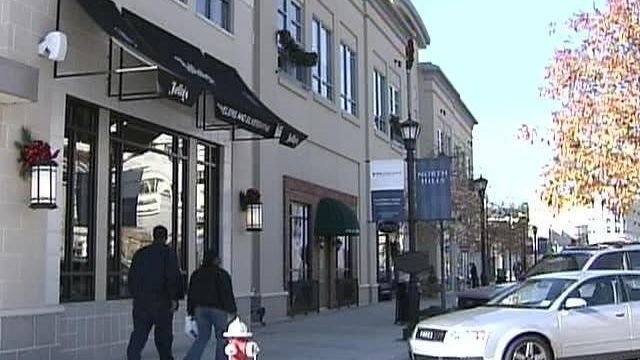Local News
Raleigh Debates Using Tax Money for Private Development
Public financing for private development projects is dividing the City Council, which is trying to draft a policy for when and where to put local tax money.
Posted — UpdatedRALEIGH, N.C. — Public financing for private development projects is dividing the City Council, which is trying to draft a policy for when and where to put local tax money.
Tax-increment financing, allows North Carolina counties and cities to borrow money for public improvements and use increased property taxes generated from the improvements to repay the loan.
Developer John Kane wants $75 million from the city to help build a parking deck to expand his North Hills retail and residential project on Six Forks Road. The entire project is expected to cost about $850 million.
Kane said he believes the economic development tool would pay off.
"The city and county continue to get their revenue stream, but they are getting an upside in addition to that by providing this financing. (The project should generate) $500 million in increased taxes to the city and county after the debt's been paid, and this is over a 50-year period. It's quite significant," he said.
Others said the sale and redevelopment of the state-owned Dorthea Dix Hospital land south of downtown also would benefit from some city financing.
City Council members disagree on when tax-increment financing should be used, however. They hope to adopt a policy by spring.
Mayor Charles Meeker said the economic development tool shouldn't be used in areas of town that already have a lot of development, including North Hills.
"Focus on development and subsidies in areas we don't currently have development in -- low-wealth areas -- and also encourage the kind of development we want, such as affordable housing," Meeker said.
Councilman Philip Isley said decisions on using public financing should be made on a case-by-case basis.
"I didn't think it was appropriate to write a policy to exclude people from coming to us with good ideas and good development proposals," Isley said. "I think blighted areas is a part where this could be used and should be used, but we should not limit it just to that area."
Meeker cited the first phase of North Hills to show that great projects are coming to some areas of Raleigh without city help.
Kane said the city needs to focus on adopting a policy.
"A city this size needs to have (tax-increment) financing to be competitive with other areas of the county," he said.
• Credits
Copyright 2024 by Capitol Broadcasting Company. All rights reserved. This material may not be published, broadcast, rewritten or redistributed.






